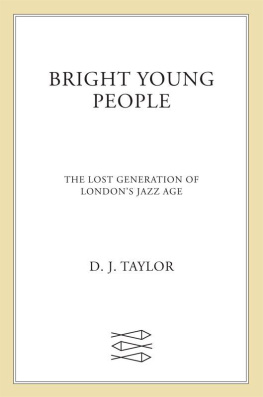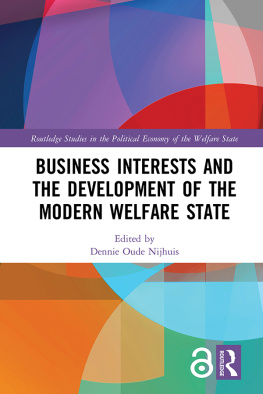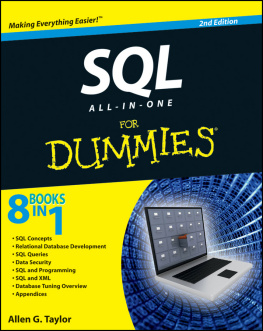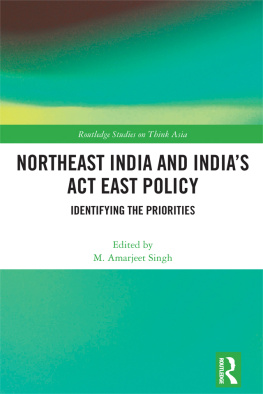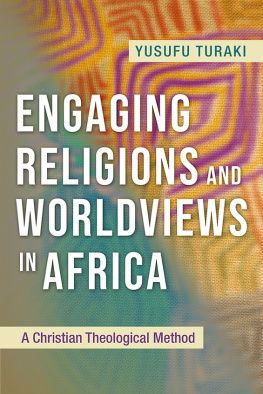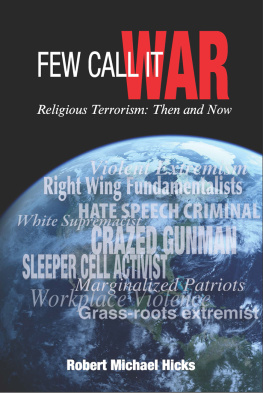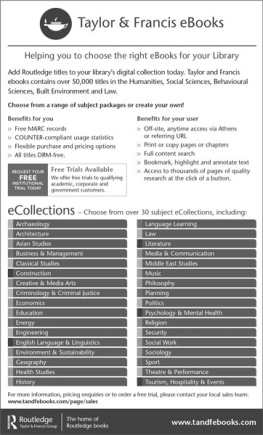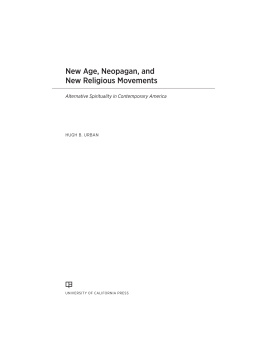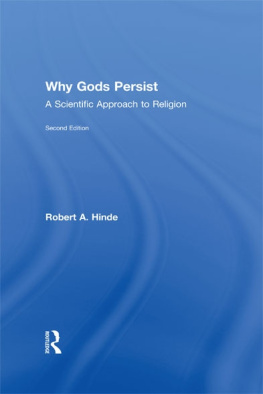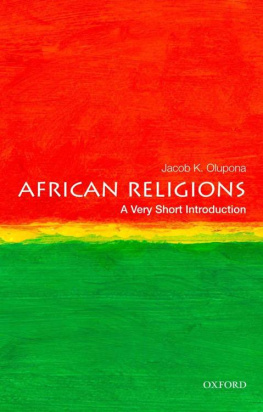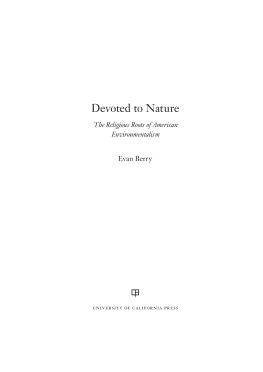Praise for Dark Green Religion
The urge to find meaning and value through connecting with creation likely constitutes a deep and enduring human need. This important book provides insight regarding how a profound sense of relation to nature offers many in the modern world a vehicle for attaining this spiritual wholeness akin to what has been historically associated with established religion. In this sense, Dark Green Religion offers both understanding and hope for a world struggling for meaning and purpose beyond the isolation of the material here and now.
Stephen Kellert, Tweedy Ordway Professor of Social Ecology,
Yale University School of Forestry
and Environmental Studies
In this thought-provoking volume, Bron Taylor explores the seemingly boundless efforts by human beings to understand the nature of life and our place in the universe. Examining in depth the ways in which the most influential philosophers and naturalists have viewed this relationship, Taylor contributes to the construction of sound foundations for the further development of thought in this critically important area, where our depth of understanding will play a critical role in our survival. This important book should be widely studied and will be greatly appreciated by those who take the time to savor its intellectual depths.
Peter H. Raven, President, Missouri Botanical Garden
A fascinating analysis of our emotional and spiritual relationship to nature. Whether you call it dark green religion or something else, Bron Taylor takes us through our spiritual relationship with our planet, its ecosystems and evolution, in an enlightened and completely undogmatic manner.
Claude Martin, Former Director General,
World Wildlife Fund
An excellent collection of guideposts for perplexed students and scholars about the relationships between nature religions, spirituality, animism, pantheism, deep ecology, Gaia, and land ethicsand for the environmentalist seeking to make the world a better place through green religion as a social force.
Fikret Berkes, author of Sacred Ecology: Traditional Ecological
Knowledge and Resource Management
In this exceptionally interesting and informative book, Bron Taylor has harvested the fruits of years of pioneering research in what amounts to a new field in religious studies: the study of how religious and spiritual themes show up in the work of people concerned about nature in many diverse ways. Taylor persuasively argues that appreciation of natures sacred or spiritual dimension both informs and motivates the work of individuals ranging from radical environmentalists and surfers, to ecotourism leaders and museum curators. I highly recommend this book for everyone interested in learning more about the surprising extent to which religion and spirituality influence many of those who work to protect, exhibit, or represent the natural world.
Michael E. Zimmerman, Director, Center for Humanities
and the Arts, University of
Colorado at Boulder
Dark Green Religion
Dark Green Religion
Nature Spirituality and
the Planetary Future
Bron Taylor

University of California Press, one of the most distinguished university presses in the United States, enriches lives around the world by advancing scholarship in the humanities, social sciences, and natural sciences. Its activities are supported by the UC Press Foundation and by philanthropic contributions from individuals and institutions. For more information, visit www.ucpress.edu .
University of California Press
Berkeley and Los Angeles, California
University of California Press, Ltd.
London, England
2010 by The Regents of the University of California
Library of Congress Cataloging-in-Publication Data
Taylor, Bron Raymond.
Dark green religion : nature spirituality and the planetary future / Bron Taylor.
p. cm.
Includes bibliographical references and index.
ISBN 9780520237759 (cloth : alk. paper)
ISBN 9780520261006 (pbk. : alk. paper)
1. NatureReligious aspects. 2. Nature worship. I. Title.
BL65.N35T39 2010
202.12dc22 2009009180
Manufactured in the United States of America
18 17 16 15 14 13 12 11 10 09
10 9 8 7 6 5 4 3 2 1
This book is printed on Cascades Enviro 100, a 100% post consumer waste, recycled, de-inked fiber. FSC recycled certified and processed chlorine free. It is acid free, Ecologo certified, and manufactured by BioGas energy.
For the elders
and compadres
found in these pages...
for my beloveds
Beth Ann
Anders, Kaarin, and Kelsey...
and for all
who in their own ways
revel in
defend
and worship
the chorus of life
Contents
Preface
Dark green religion is like a phantom. It is unnamed and has no institutions officially devoted to its promotion; no single sacred text that its devotees can plant in hotel rooms in hopes of reaping a future harvest of souls; no identified religious hierarchy or charismatic figure responsible for spreading the faith, ministering to the faithful, or practicing its rituals.
Yet with alertness and the right lenses, the apparition appears.
It can be found in the minds and hearts of individuals who invent and are drawn to organizations that express its central convictions and moral commitments. It has charismatic figures and bureaucratic hierarchies devoted to its globalization. It is reinforced and spread through artistic forms that often resemble, and are sometimes explicitly designed, as religious rituals. It seeks to destroy forms of religiosity incompatible with its own moral and spiritual perceptions. It is considered dangerous by some, while others see it as offering salvation.
Dark green religionreligion that considers nature to be sacred, imbued with intrinsic value, and worthy of reverent carehas been spreading rapidly around the world. I label such religion dark not only to emphasize the depth of its consideration for nature (a deep shade of green concern) but also to suggest that such religion may have a shadow sideit might mislead and deceive; it could even precipitate or exacerbate violence.
Whether beneficent, dangerous, or both, such religion is becoming increasingly important in global environmental politics. It motivates a wide array of individuals and movements that are engaged in some of the most trenchant environment-related struggles of our time. It increasingly shapes the worldviews and practices of grassroots social activists and the worlds intelligentsia. It is already important in global environmental politics. It may even inspire the emergence of a global, civic, earth religion.

In 1859, Charles Darwin published On the Origin of Species, shattering traditional explanations of the fecundity and diversity of the biosphere. Religion would never be the same. Where this cognitive shift has been mostly deeply made, traditional religions with their beliefs in nonmaterial divine beings are in decline. Where traditional religions have not declined significantly, and to the extent their practitioners encounter societies that have adopted an evolutionary worldview, such conventional religions find themselves on the defensive. Yet the desire for a spiritually meaningful understanding of the cosmos, and the human place in it, has not withered away. Some find ways to graft evolutionary understandings onto long-standing religious traditions. Yet increasingly, new perceptions, both explicitly and implicitly religious, have filled the cultural niches where traditional religious beliefs have come to be seen as less plausible. This book provides detailed evidence that many of the innovative responses to the Darwinian revolution are forms of dark green religion.



